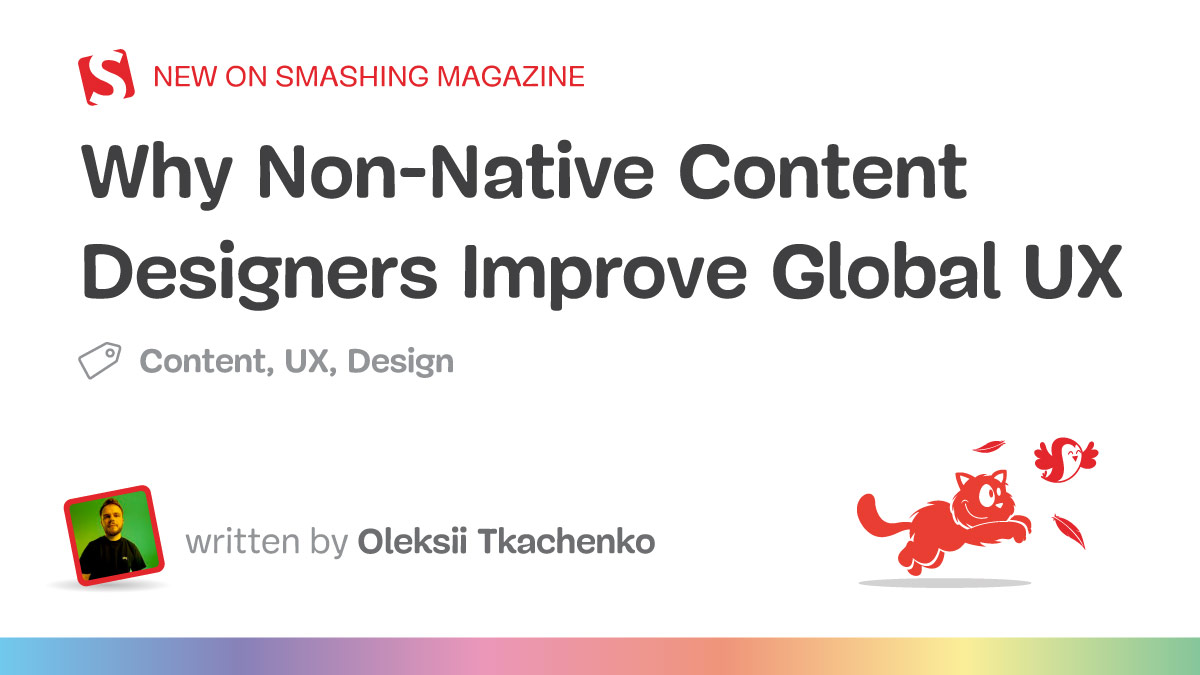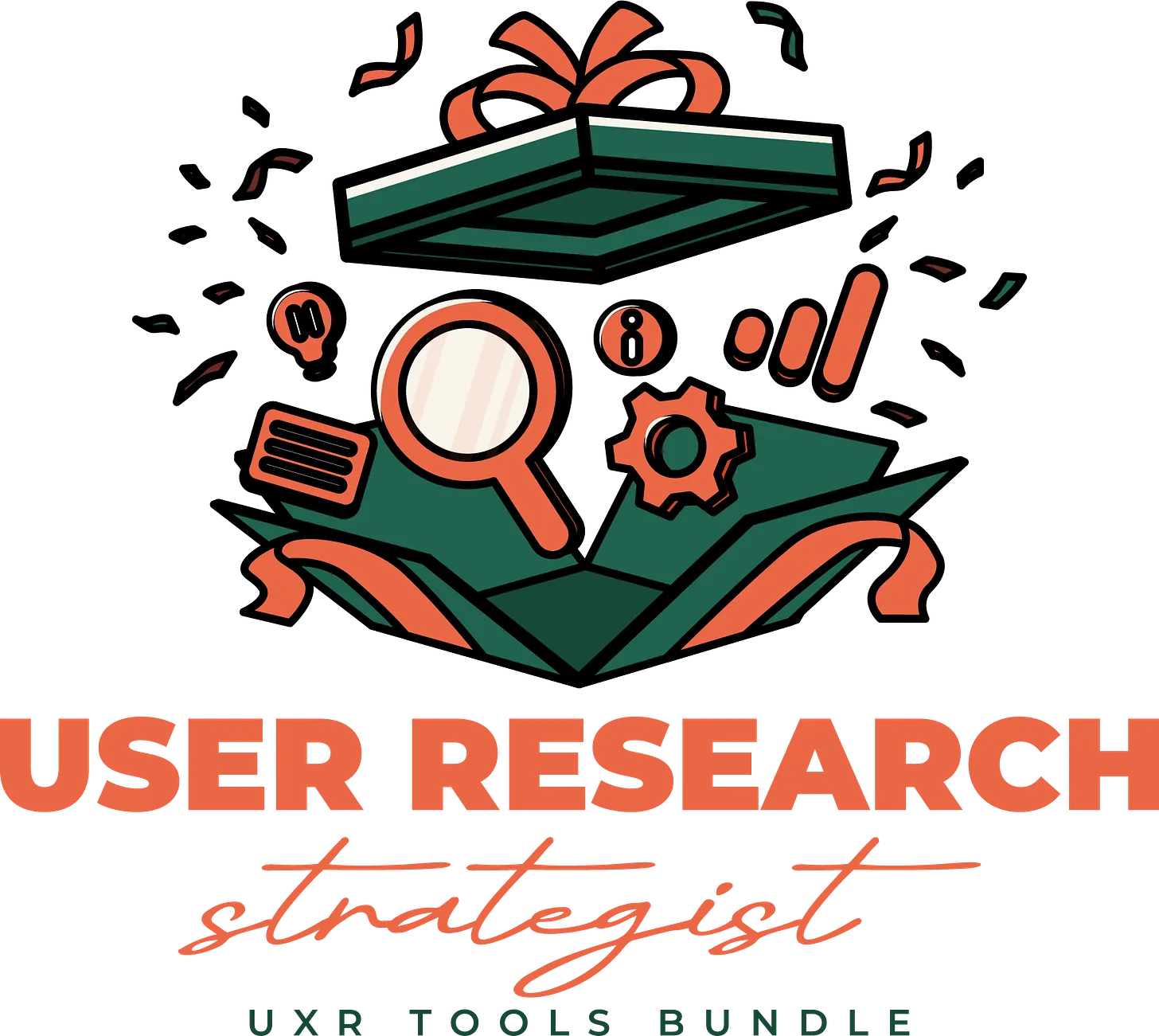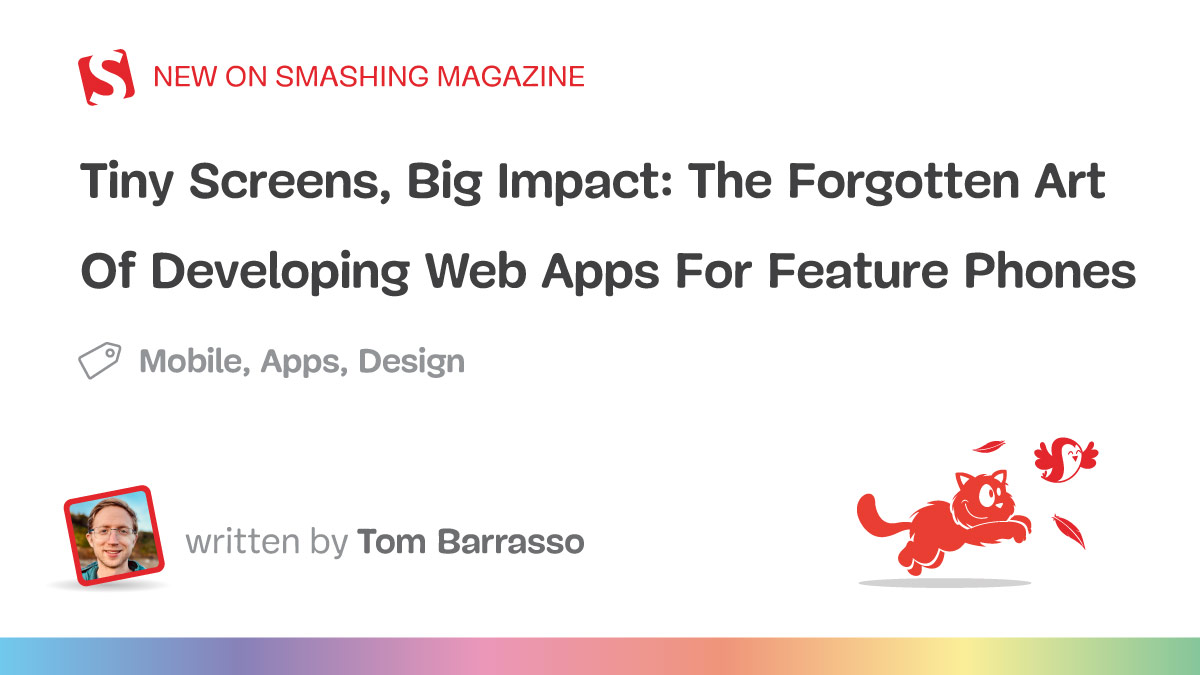Interactivity
Cyborg Literacy for the 21st Century
I am delighted to share with you a session titled “Cyborg Literacy for the 21st Century“. This session was part of EPIC’s Learning & Networking Week and was led by two researchers, Professor Laura Forlano and Professor Danya Glabau.This was an engaging discussion filled with intersecting perspectives. First, Laura and Danya introduced their unique concept of Critical Cyborg Literacy. This perspective examines cyborgs through the lenses of feminist and cultural theory. Femin
Localizing GenAI in a Global Context: The Role of Qualitative Research
SPONSORED SESSION PRESENTED BY NATIONThis session brought together qualitative researchers exploring the new demands of our profession in the era of GenAI. Focusing on the evolving relationship between global users and GenAI technologies, they explored how we can shift the prevailing approach to ‘localization’, going beyond translation to true culturization that considers local contexts, systems of knowledge, and modes of interaction. They also discussed reflexive and critical lenses
What if We Created Prototypes Instead of Writing Research Reports?
SPONSORED SESSION PRESENTED BY MIROThere is immense pressure across industries to cut discovery time and get directly to product delivery, from the vibe-coding phenomenon where leaders advocate starting directly in code for digital products to industrial designers using AI to look at trends. Traditional research reports often fall short in capturing the imagination of leadership, since more of them are looking for “solutions not problems”.This session advocates for a paradigm shift: that researc
Authoritarian Transitions or Democratic Resilience?
Leading experts share:A central framework for understanding the US regime that exists nowThe key metric of democratic resilienceSpecific indicators you may experience in workplaces, sociotechnical systems, civil society, and public serviceThe extraordinary importance of collective action to ensure that authoritarianism does not take holdThe pace of political change in the United States and Europe has made it difficult to interpret the fire hose of news, or assess how these developments connect t
Weaving NLP and Qualitative Methodologies
SPONSORED SESSION PRESENTED BY STRIPE PARTNERSThe tools from the field of Natural Language Processing (NLP) enable the analysis of vast datasets of unstructured text at scale, helping to uncover patterns that would otherwise be difficult to extract manually. This talk will explore how EPIC2025 sponsor Stripe Partners has integrated NLP alongside its qualitative research. It will highlight the benefits and limitations of its application to complementary, user-generated multimodal content in conce
Proxies for Attention: The Reciprocal Modeling of People and Digital Systems
All around us, algorithmic systems are constantly minding and modeling us, creating data points that serve as technical proxies for human intentions and actions. Meanwhile, we are minding and modeling in return – sometimes making adjustments to use systems as intended, sometimes playing with or subverting them. Click farms, mouse jigglers, steering wheel weights and other tactics designed to trick systems reveal important tensions and opportunities.This talk examines the how systems measure and
Semiotic Sensemaking with AI
This session introduced semiotics and its critical role in reading and interpreting cultural meaning. Brands and organizations rely on this meaning for their value, but in a world of increasing fragmentation and complexity, it can be difficult to identify – and respond to – deeper patterns of change.The speakers showed how locally nuanced cultural analysis can be used alongside AI enabled tools to help us explore these patterns at scale. They discussed some benefits this new technology aff
The Promise and Perils of Synthetic Data
Synthetic data generated by large language models (LLMs) is rapidly transforming social science research. Advocates highlight its potential for faster, cheaper, less biased, and more privacy-preserving research, while critics warn of significant risks, including perpetuating biases, relying on outdated or overly simplified data, discouraging original data collection, and weakening transparency and data literacy. This session, led by Mikkel Krenchel and Luca Rossi, explored both the opportunities
AI Research Tools and Ethnographic Methodologies
Are AI-provisioned research tools the ticket to supercharged research at scale, or overblown trickery designed to make us obsolete? Hype, pressure, and marketing aren’t helping us establish a grounded, productive approach to these new technologies and products.In this session we established a better foundation for adopting the strategies and tactics we need in this era of AI in research.A central capability of ethnography is the ability to adapt our craft with new people, places, and technologie
The Future of Public Service in the United States
This panel convened to analyze the direct and indirect effects of federal actions on the integrity, scope, and ethical foundation of the critical work of those in the public service sector.Sweeping federal policy changes continue to disrupt public service for citizens and employees, both within government agencies and in nonprofits, academic institutions, and contractors serving public agencies and programs. Speakers and participants discussed layoffs, radical changes in funding and policy prior
What Insights Enable: Focusing on the Value that Actually Anchors Our Work
SPONSORED SESSION PRESENTED BY IS IT A BIRDWhat is our future value proposition in a world where insights are increasingly equated to the types of research and sensemaking that AI automations will soon master? It’s critical to rethink insights and what they enable in order to deliver the value that actually anchors our client and business relationships. This session shared strategies that have been successful for strategic innovation agency and EPIC2025 sponsor IS IT A BIRD. As we collectively n
Non-Linear Web Design: Unlocking the Future of User Experience
Non-linear web design offers users a dynamic and interactive experience by allowing them to explore content in various, personalized paths rather than following a rigid, linear flow. This approach enhances user engagement and fosters a more organic, exploratory web experience.

Why Non-Native Content Designers Improve Global UX
A few years ago, I was in a design review at a fintech company, polishing the expense management flows. It was a routine session where we reviewed the logic behind content and design decisions.While looking over the statuses for submitted expenses, I noticed a label saying ‘In approval’. I paused, re-read it again, and asked myself:“Where is it? Are the results in? Where can I find them? Are they sending me to the app section called “Approval”?”This tiny label made me question what was happening
🗞 UX research in 2025. Why old-school skills matter again
AI is reshaping how we work as UX researchers, but it isn’t a shortcut—you still need to engage deeply with users and context. This week, I’m looking at how old-school research skills stay essential alongside AI tools, practical ways to use human-driven methods like the Wizard of Oz test, and how to make research drive real change in organizations. I’m also covering the hidden cognitive costs of relying on AI, spotting fraud in remote studies and strategies to bridge
AI tools + AI fluency + human advantage = AI-native designer
From tools to agency, is this what it would take to thrive as a product designer in the AI era?As a product designer, I have recently been trying to make sense of the rapidly changing AI landscape with both awe and chaos. While Anthropic’s CEO warns that AI could displace up to 50% of entry-level white-collar jobs, at the same time, Zapier’s CEO talks about hiring for AI fluency. Meanwhile, new roles like “model designer” are emerging and the industry is quickly shifting towards more super IC ro

The User Research Round-up: CW29
Hello curious human!My mom has come to visit me, hailing all the way from South Carolina to the little island of Jersey I live on. I’ve been doing my best to hobble around with my semi-healed broken toe (yup, still there and still complaining) and we’re off for an overnight trip to St. Malo this weekend. Fingers crossed the cobblestones aren’t too cobbly.And just a reminder, because who would I be without mentioning one of the coolest things I’ve done in my career yet:If
An ode to breaking things
Musings on how to prepare ourselves and steer a new direction of the craft and design now that AI is challenging the status quoContinue reading on UX Collective »
How would Nietzsche redesign Instagram if he were Zuckerberg?
Why Silicon Valley has a weird Nietzsche obsessionPortrait of Nietzsche by Edvard Munch, 1906Some Silicon Valley leaders have a bizarre adoration for philosophers like Adam Smith, Ayn Rand, and Friedrich Hayek. Alongside these thinkers, Friedrich Nietzsche is frequently mentioned in tech circles. This is done to propagate a survival of the fittest ideology. “The world is a competitive place, where the strong will eat the weak. This is human nature, and Nietzsche simply states the obvious.”Howeve
Ask HN: Why Marketing Software Hasn't Had Its 'Cursor Moment' Yet
After building AI marketing tools for 2 years, I've become convinced most AI applications are, in the words of Pete Koomen, "horseless carriages" - they bolt AI onto existing interfaces instead of building AI-native experiences.The marketing problem: Marketers context-switch between 5-8 tools for a single campaign. Hootsuite for scheduling, Canva for design, ChatGPT for copy, Analytics for insights. The cognitive overhead of switching kills productivity and creative flow.Tradition

Tiny Screens, Big Impact: The Forgotten Art Of Developing Web Apps For Feature Phones
Flip phones aren’t dead. On the contrary, 200+ million non-smartphones are sold annually. That’s roughly equivalent to the number of iPhones sold in 2024. Even in the United States, millions of flip phones are sold each year. As network operators struggle to shut down 2G service, new incentives are offered to encourage device upgrades that further increase demand for budget-friendly flip phones. This is especially true across South Asia and Africa, where an iPhone is unaffordable for the vast ma


